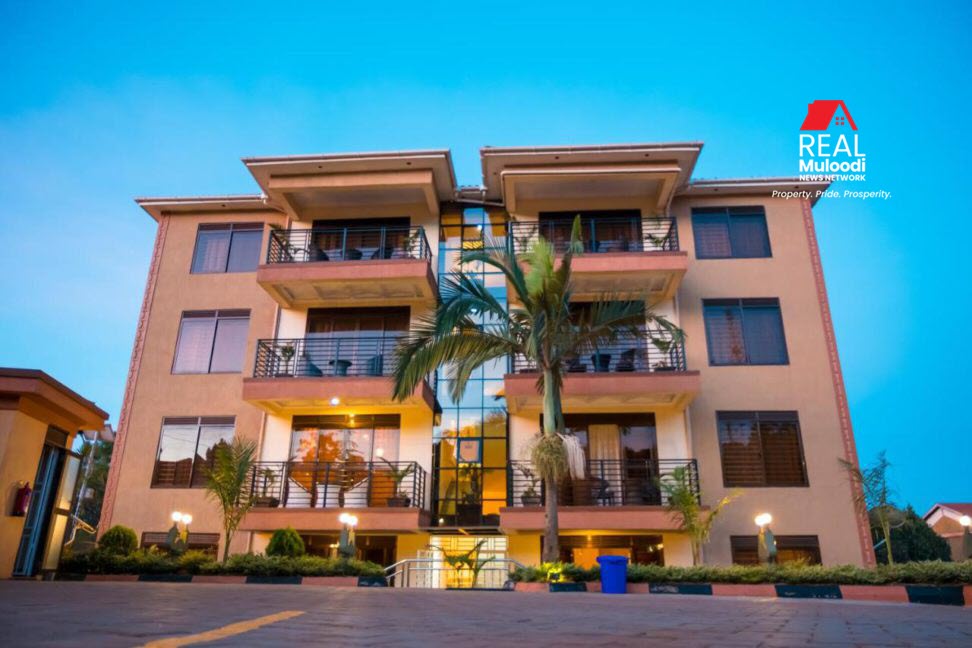UGANDA, Kampala | Real Muloodi News | In the suburbs of Kololo, Nakasero, Bukoto, Bugolobi, and Naguru, Knight Frank Uganda saw a 12% year on year rise in the real estate market especially in the occupancy of prime residential accommodation in the second half of (H2) 2021 compared to H2 2020.
According to its most recent market performance analysis, the return of expatriates to the nation following the lifting of travel bans is a significant cause of this growth. Another aspect is the increasing demand from oil and gas-related industries following the signing of critical oil contracts in April 2021.
This led to a progressive increase in rent for two and three-bedroom flats in Kampala’s finest neighbourhoods, as well as an upswing in occupancy.
The retail property market remained sluggish due to the second wave and the countrywide shutdown.
A general increase in activity is projected, and it is dependent on the majority of the population being vaccinated and the current Covid-19 limitations being eliminated as requested.
Africell, a telecoms business, ceased operations in Uganda in H2 2021, and Shoprite, the major industrial food retailer, exited the Ugandan market following a sale to the late Majid al Futtaim operating as Carrefour. Except for the supermarket at Clock Tower on Ben Kiwanuka Road, which will undergo a considerable renovation, all stores were taken over and are operating under the new name.
According to updated GDP estimates from the Uganda Bureau of Statistics (UBOS), the economy increased by 3.4 per cent in FY 2020/21, compared to 3.0 per cent growth in FY 2019/20. Several real estate market statistics, including the Composite Index of Economic Activity and the Business Tendency Indicator, revealed an increase in economic activity and favourable mood about the business climate.
Office leasing and investment activity have progressively improved, with a substantial rise in activity reported in H2 2021 Kampala Market
Performance Review compared to the same period in 2020, owing to the oil and gas industry activities following the signing of critical oil agreements in April 2021.
According to the commercial agency Knight Frank, increased demand for office space was driven mainly by oil-related companies, financial institutions, audit and accounting firms, consultancies, medical organisations, insurance companies, government bodies, and non-governmental organisations (NGOs).
With the expansion of industrial parks around the country, increased activity in industrial regions, particularly Namanve, has been connected to government incentives to boost development. These include, among other things, tax breaks, deductible allowances, more accessible access to land, duty-free raw inputs, and so on. Increased activity in Namanve has contributed a 25% increase in land value for privately held land during the last five years.
According to the Bank of Uganda’s December 2021 State of the Economy Report, the economy is expected to expand at a pace of 3.5-3.8 per cent in FY2021/22 and 5.5-6.0 per cent in FY2022/23 before growing to 6.5-7.5 per cent in the medium term (2 to 3-years ahead). The rising consumer spending, solid growth in external demand, a gradual restoration of activities in the tourist industry, and foreign and domestic private investment in the oil sector will encourage investment.
READ MORE LIKE THIS:
Property Investment Remains a Valuable Wealth-Creation Strategy
Knight Frank Survey Shows African Home Buyers Prefer Greener and Rural Homes



